We all enjoy rewarding ourselves from time to time, but it’s important to remember that expectations can be dangerous when entering recovery.
When I was newly sober, the thought of rewarding myself seemed pretty risky.
I can even admit that I had moments where I thought of rewarding myself with a drink.
The disease of addiction is always there, and it rears its ugly head from time to time. This is why it is vital to understand that expectations can be dangerous if not set properly.
If you aren’t careful, you can find yourself slipping up pretty easily.
So how do you celebrate your recovery safely?
Is there a way to let your hair down and have a good time without it ending up in relapse?

When I was newly sober after my program at Best Rehabs In Arizona, I found myself getting overly enthusiastic about each milestone I reached.
I would plan out everything in my head.
I remember I planned a big party on my one-year anniversary.
I had everything all mapped out in my mind and played the party out over and over in my head.
I made a big mistake by doing this. Having too many expectations. I didn’t realize this until after the party. It didn’t go exactly as I had planned.
It wasn’t as big as I thought it would be, and there were some people who I really wanted to be there who did not show up.
I remember feeling bummed out. It didn’t go the way I wanted it to. My expectations were not met. I remember thinking “What’s the point?” I came very close to relapsing. It wasn’t until I went to a meeting the next day that I realized I had set myself up for disaster. I was not living in the moment. It was something I heard over and over again at Best Rehabs In Arizona.
Staying in the moment is a very important element to remaining clean. The staff that helped me stay sane at Best Rehabs In Arizona said to take it one day at a time, and as true as that is, for some of us, it’s one moment at a time. Things don’t go exactly the way you want them to. This is true for almost any situation in life.
Addiction Recovery Gifts
There are a lot of different ways you can remind yourself of your progress. Getting yourself a gift is a fun and rewarding way to do so. It’s important to recognize your process and keep it front and center in your mind. I got myself a journal the day after I left Best Rehabs In Arizona. The program there had taught me to channel my feelings in writing. I would track my thoughts and feelings from one day to the next.
I still go back and look through these entries once in a while to keep myself on track. It’s a constant reminder of the ebbs and flows. Some days are great, and I truly believe that I will never use them again. Then there are those days when I am less sure of that. Keeping a journal has helped me realize that not every day will be flawless, but I do have the ability to get through each one.
The great thing about keeping a journal is you can be brutally honest with yourself. We all have thought and feelings we sometimes don’t feel like sharing with others. A journal allows you to let those thoughts and feelings out. I used to feel embarrassed looking through some of my older journal entries.
We have the ability to embarrass ourselves in a way that others can’t. It’s ok — The one thing you need to keep in mind is you are living out your process. There are going to be times when the truth is uncomfortable, but it’s always better to be truthful with yourself and own those feelings.
The recovery gifts that you get yourself can also be great gifts for others. Since I enjoy journaling so much, that is my go-to gift for my other friends in recovery.
If I’ve already gotten one of my friends a journal, my next go-to is books. Books have a remarkable way of expanding our minds and changing us. It doesn’t always have to be a book on sobriety either. I usually try and figure out which types of books my peers enjoy, and gift them accordingly. By the way, starting a book club is a wonderful activity for you and your sober friends. This is a great way to realize that expectations can be dangerous while in recovery.
24-Hour Substance Abuse Rehab Hotline on Why Expectations Can Be Detrimental in Recovery
877-651-3366
Vacation
When I was about a year into sobriety, I planned a two-week trip to the Bahamas for several friends and me. Sure we all had a little bit of apprehension, specifically the ones of us who never traveled much. This helps with managing why expectations can be dangerous in recovery.
Luckily for us, the program at Best Rehabs In Arizona offered us a remarkable number of resources in terms of planning a vacation. They gave me the tools I needed to feel confident about planning a sober trip.

One of the stressful things about traveling is making plans. You don’t want to get somewhere and not know what to do. We had a lot of help. We planned out or day, but also kept it somewhat flexible. If we wanted to go out with a guide and sightsee, that option was available. If we wanted to hit up the spa or relax by the pool, we could do that whenever we wanted. We were set up in a place where alcohol wasn’t out in the open.
So yes, it is possible to avoid temptation and have an enjoyable trip.
Much like anything you do in recovery, accountability should always be at the top of your list.
We all made it a point to check in on each other.
We had our meetings.
We talked about where we were at mentally.
Having recovery meetings on vacation didn’t sound like the most fun idea to me, but they were very necessary.
Also, it doesn’t hurt to have your meeting next to a pool and hot tub. Just remember, expectations can be dangerous in recovery, so be sure to set realistic goals with the dedicated staff available.







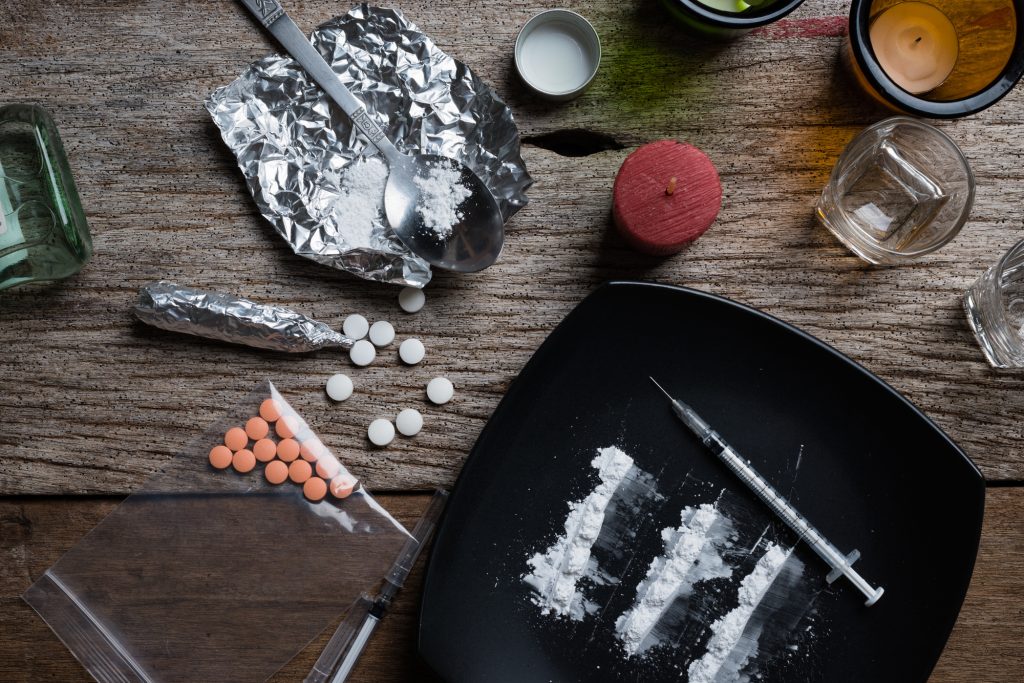

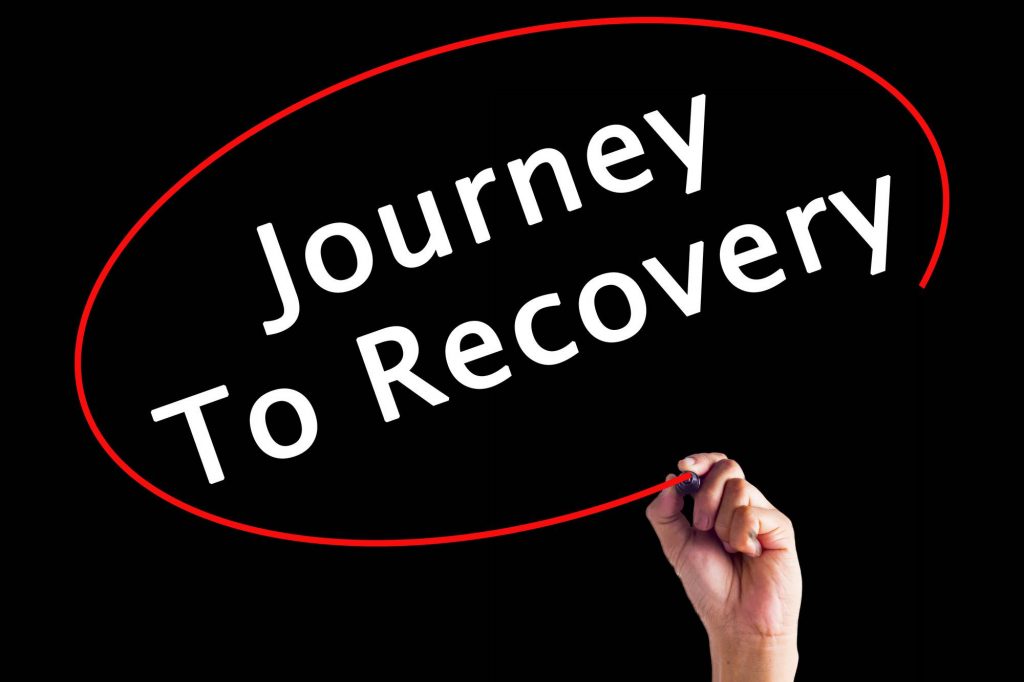

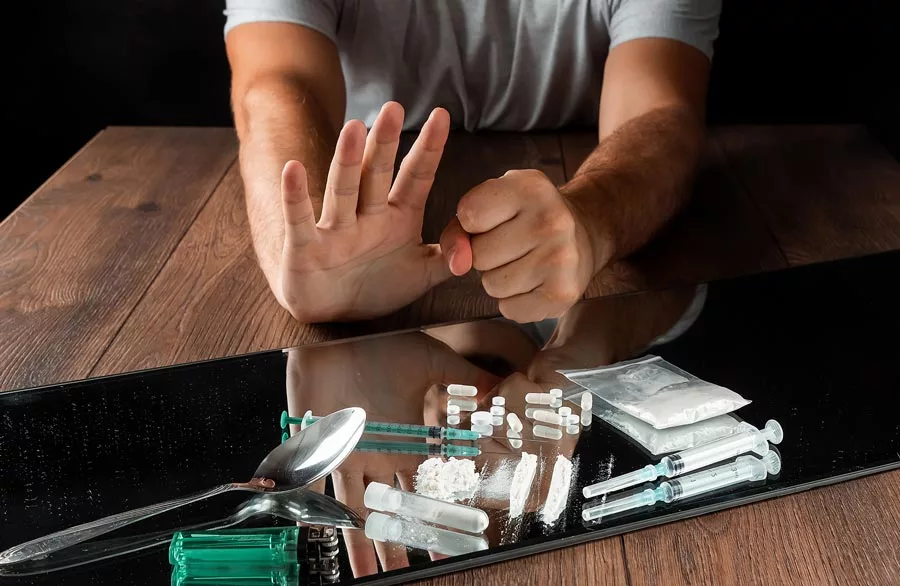

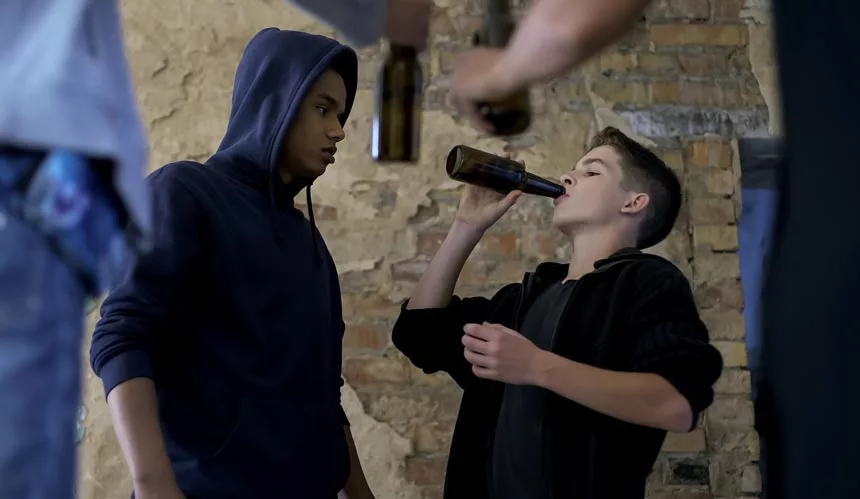



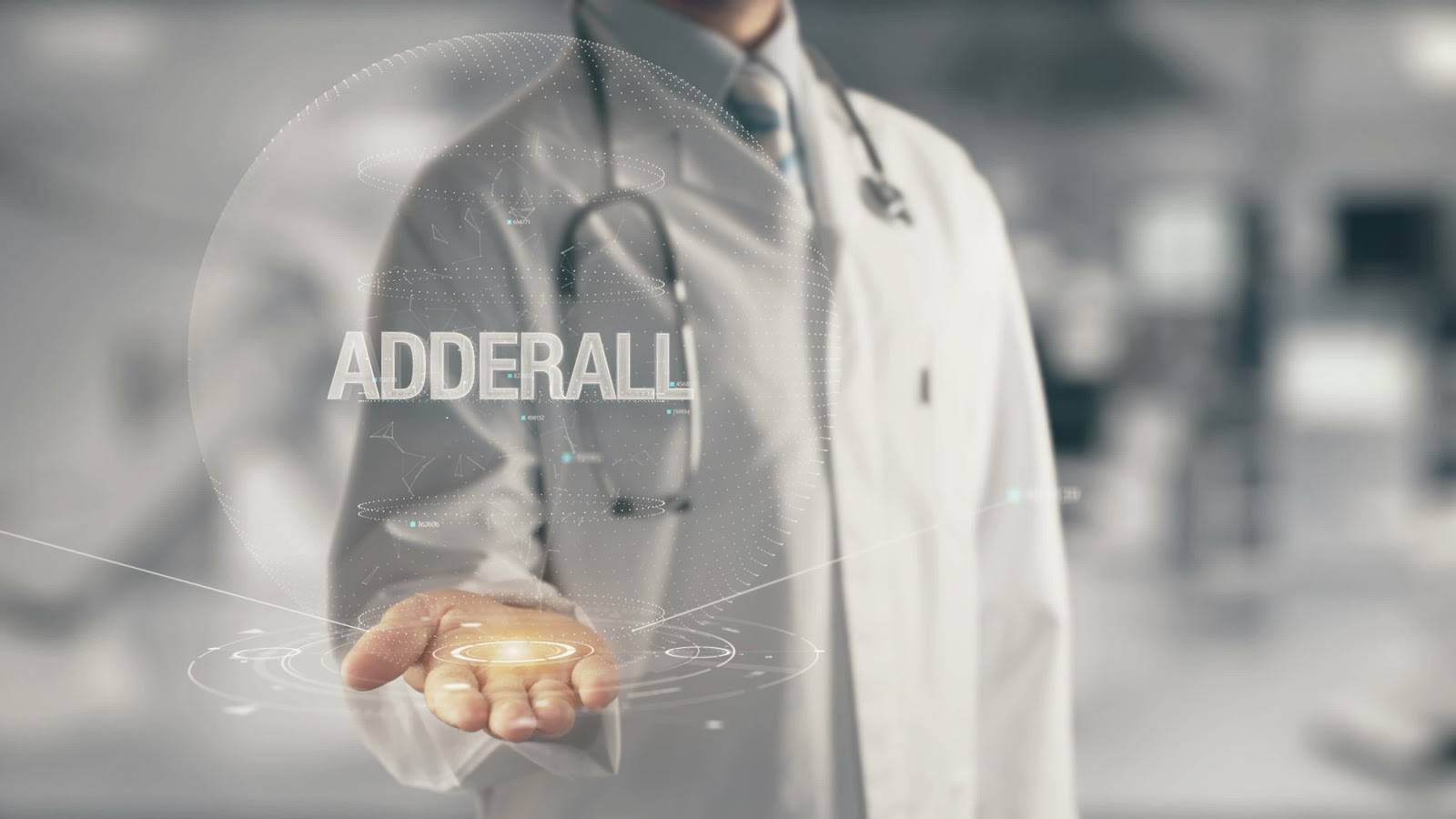
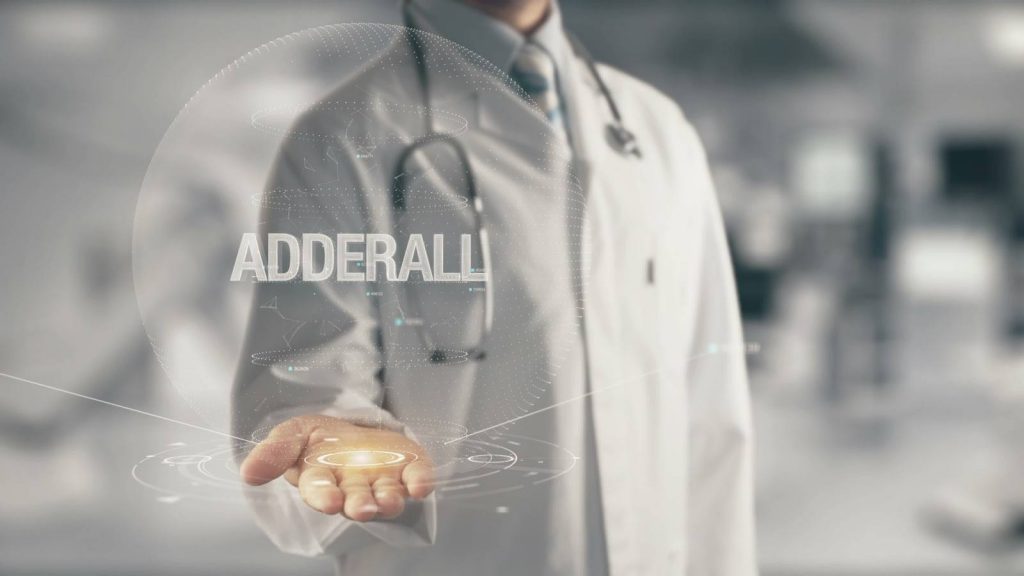
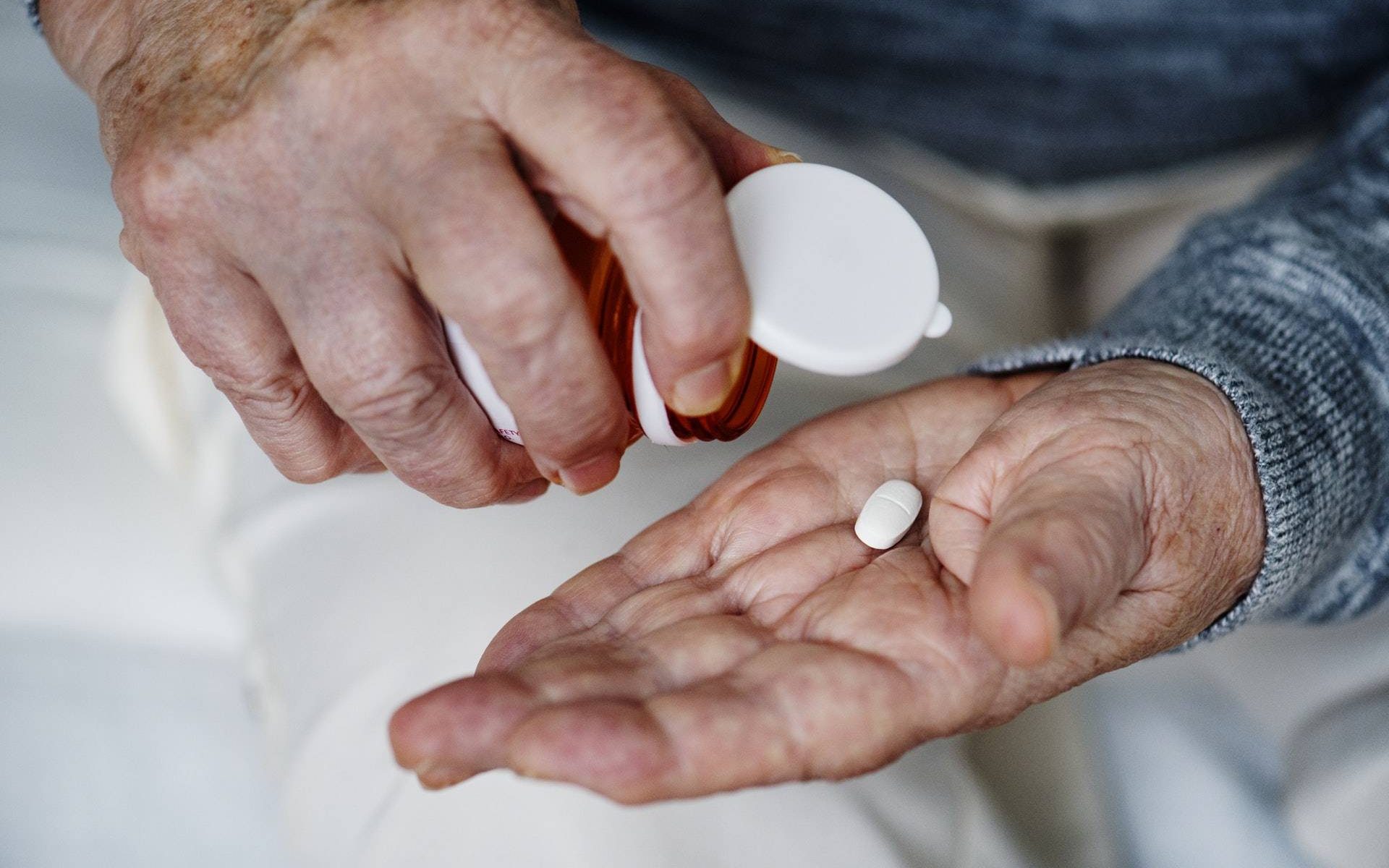
 By the 19th century, Americans used opium to treat a wide range of medical issues. Doctors prescribed morphine to dying patients suffering from cancer.
By the 19th century, Americans used opium to treat a wide range of medical issues. Doctors prescribed morphine to dying patients suffering from cancer.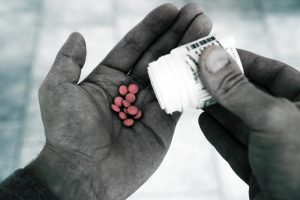 American physicians continued to fight for the right to prescribe opiates. Soon after, the federal government began to recognize the medical value of opiates. By the 1960’s, Hydrocodone, Oxycodone, and other synthetic opiates came into being. Recreational opiate and heroin use skyrocketed during this time. Fears of prescribing opiates arose once again.
American physicians continued to fight for the right to prescribe opiates. Soon after, the federal government began to recognize the medical value of opiates. By the 1960’s, Hydrocodone, Oxycodone, and other synthetic opiates came into being. Recreational opiate and heroin use skyrocketed during this time. Fears of prescribing opiates arose once again. Doctors only receive about 9 hours of education about pain over the course of medical school. To make matters worse, the federal government doesn’t adequately fund pain research. In fact, the National Institutes of Health only spend 1% of its budget ($358 million) per year on pain research.
Doctors only receive about 9 hours of education about pain over the course of medical school. To make matters worse, the federal government doesn’t adequately fund pain research. In fact, the National Institutes of Health only spend 1% of its budget ($358 million) per year on pain research.

